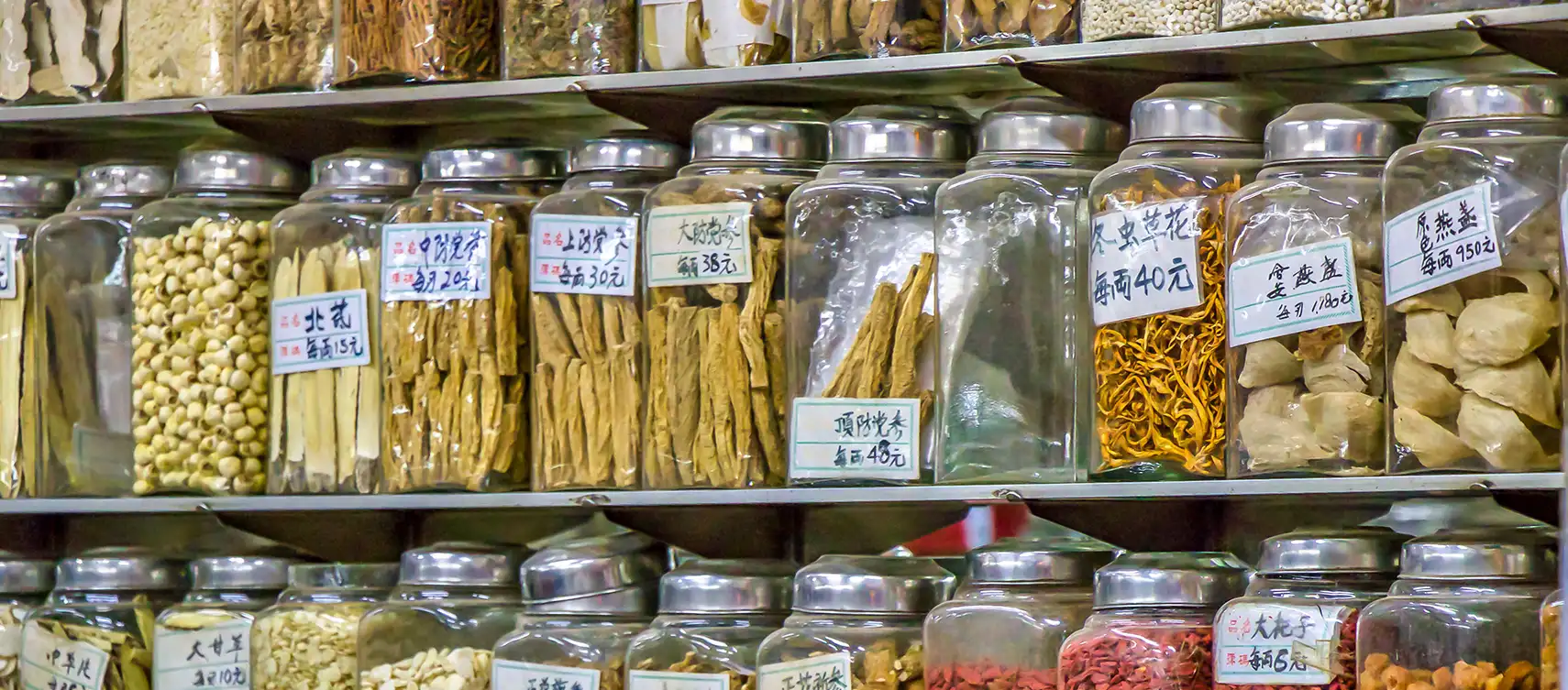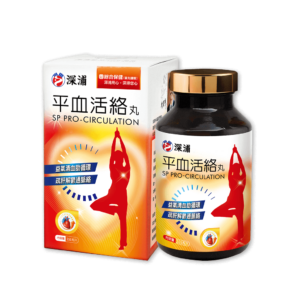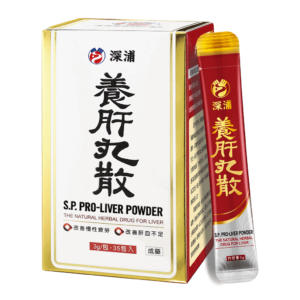
Prevention of gastrointestinal diseases
Prevention is the most important thing to take care of your stomach and intestines. Gastrointestinal diseases have traditionally been regarded as a difficult disease, because

Should we seek traditional Chinese medicine (TCM) or Western medicine when our bodies are in pain? This is a common concern for many modern people. Some argue that Western medicine is faster, more aggressive, and more accurate, and that TCM lacks scientific evidence. However, it is precisely those difficult-to-diagnose and difficult-to-treat conditions that Western medicine cannot handle that require TCM, making people stuck between choosing Western medicine or TCM.
Many people still have doubts about traditional Chinese medicine and herbal remedies. According to Chinese medicine doctor Sheng-Pu Lee, this is because Chinese medicine has not used the scientific methods of Western medicine and drugs to research their scientific evidence. Even though Chinese medicine lacks scientific evidence, it does not affect the effectiveness of Chinese medicine or herbal remedies. In fact, the principles of science and natural law that people talk about cannot be separated from the principles of experience. The efficacy of Chinese medicine and herbal remedies has been passed down for thousands of years, and this is an empirical law that can withstand the test of time.
Dr. Sheng-Pu Lee emphasizes that TCM treatment is guided by the human body’s Qi transformation. Therefore, TCM places great emphasis on the study of human body climate. The concept of Qi transformation and human body climate refers to using the concept of the body’s upward and downward flows, yin and yang, to treat diseases and pain, allowing the body’s yin-yang and five elements to return to their original natural self-regulating system.
Most of the medicine in Chinese medicine comes from natural herbs and can be classified into five tastes: spicy, sweet, bitter, salty, and sour. According to Dr. Sheng-Pu Lee, these five tastes are used to regulate qi, for example, spicy and sweet flavors can generate yang energy and raise the body’s temperature, replenishing the body’s yang enzymes. Salty and sour flavors, on the other hand, have a contracting and downward flow effect, and can regulate energy flow in organs such as the stomach, small intestine, and large intestine. Herbs such as cinnamon twig, ginger, and licorice can help raise body temperature and open up pores. Chinese medicine uses these methods to adjust the body’s qi and eliminate obstacles to energy flow.
People should approach the study of the body’s enzyme groups, including yin and yang, and upward and downward flows, in a scientific manner. Instead of questioning whether Chinese medicine is scientific, which has been used for thousands of years, we should focus on the fact that our science has yet to fully understand how the body’s energy flow affects disease.
Many patients have tried various treatments and still turn to Chinese medicine. Dr. Sheng-Pu Lee believes that these cases require adjustment of Qi, and Chinese medicine can achieve natural health without relying on antibiotics or anti-inflammatory drugs. The study of this area should be a future research focus.
A healthy liver gives you the energy you need to live life to the fullest!
Originally from: Health.chinatimes.com
Health Chinatimes/ Reporter Dan-Xiong Zou reports 2009.06.02
http://health.chinatimes.com/blog/herbs/index_at2019.html





Prevention is the most important thing to take care of your stomach and intestines. Gastrointestinal diseases have traditionally been regarded as a difficult disease, because

The 77-year-old Grandpa Lee was originally a retired hard-working farmer, but in recent years his health has been deteriorating, often with chest congestion, shortness of

For those who have been suffering from chronic tinnitus, dizziness and hard of hearing, beware! Whether you hear a cicada, a siren or a horn,
